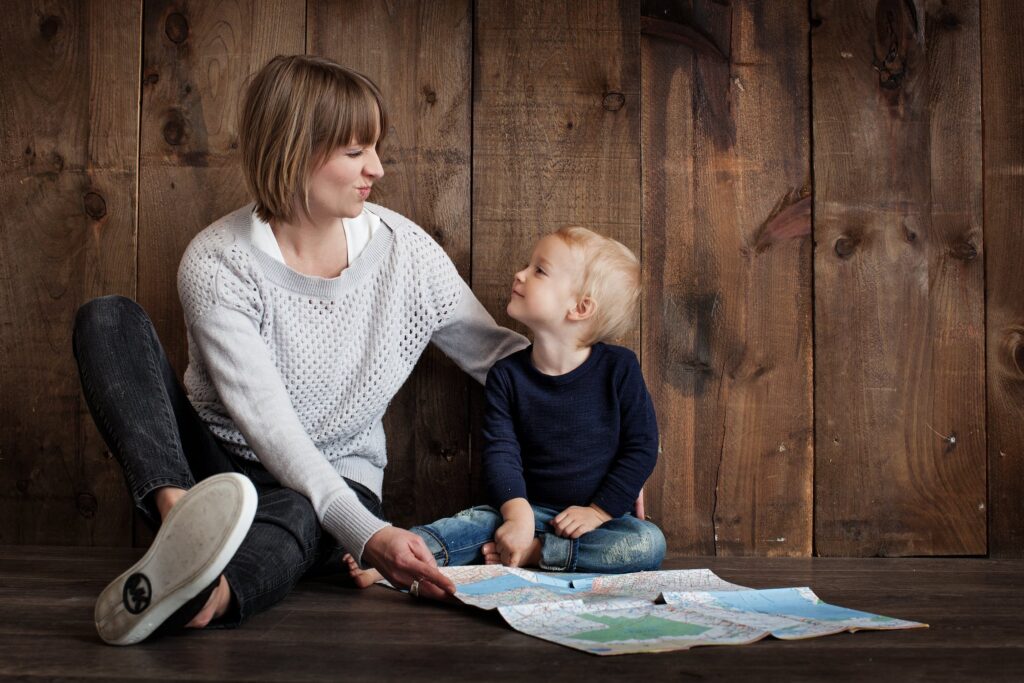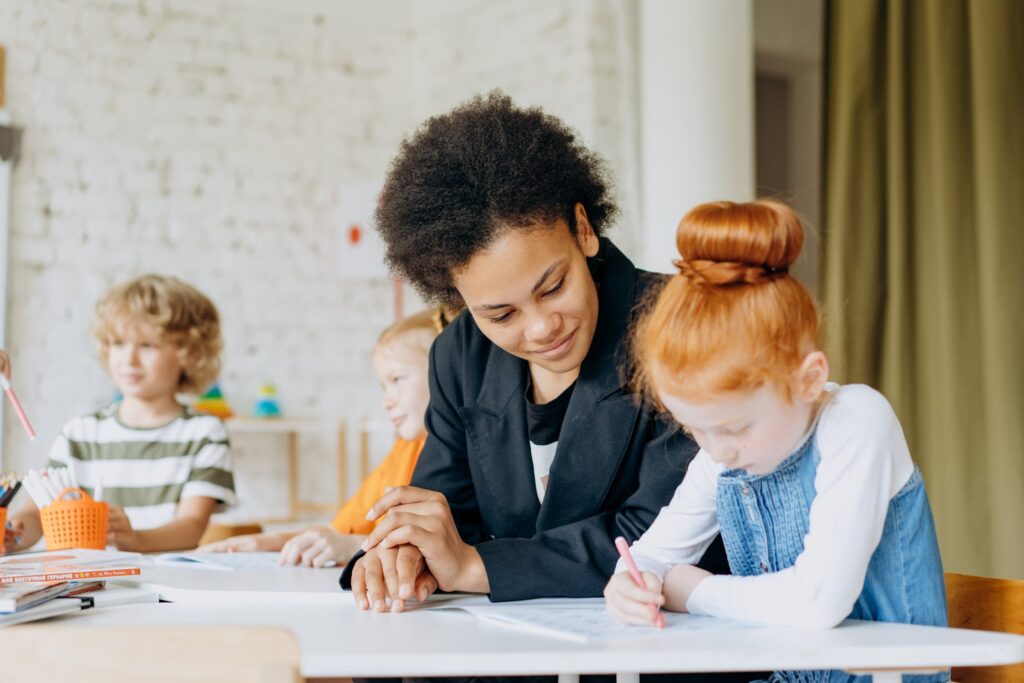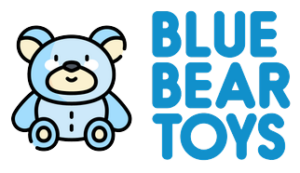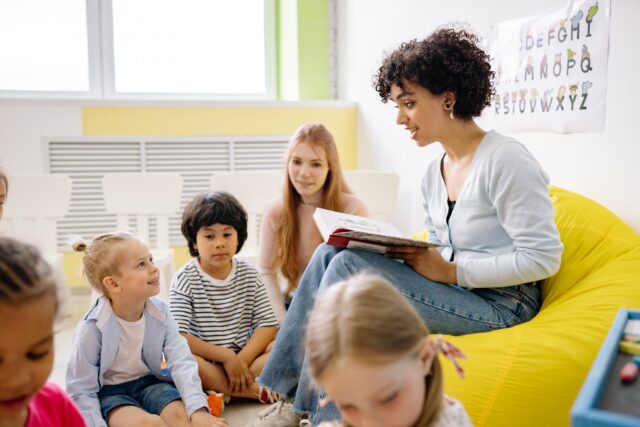A new study published in the American Sociological Review has found that children who watch and play with toys are more likely to develop empathy, which can lead to better social skills. The study also found that parents should narrate their child’s play as a way of helping them learn language and social skills.
The private speech vygotsky example is an excerpt from a blog post that discusses the importance of narrating play.
What is the definition of private speech?

Do you recall talking to yourself when you were a kid? You spoke while playing, not just describing the action but also directing yourself and going through issues.
This is a private conversation.
It may be in the form of character conversation or comments on the events.
Social constructivism, as we’ve seen previously on the site, is the notion that youngsters learn from a more knowing adult or a more experienced friend. But what happens when that ‘other’ isn’t available?
They create one.
What an odd concept! Your child is acting as if he or she is an adult who is guiding them through their play. It does, however, work.
“Remember to put your shoes on!”
“When crossing the road, always look both ways – you didn’t notice the guy on the bicycle!”
The tone may be preachy at times. But that’s all right. Your kid is attempting to make sense of the signals you’ve given him or her throughout the years.
Private conversation eventually comes to an end. But it hasn’t vanished. All of the plotting and strategizing has been internalized. It has been proposed.
When does a person have a private conversation?
When a task becomes tough, either academically or emotionally, you’ll notice it. By the age of seven, it’s largely gone, but it may last into adulthood in rare cases. You’ll understand what I mean if you do any difficult arithmetic in a distracting setting. As you repeat the numbers out loud and attempt to talk yourself through the issue, you’ll notice your lips begin to move. If you were still unsure, here’s proof that it’s a useful tool for thinking.
What’s the connection between personal speech and self-control?

Self-regulation refers to a child’s capacity to regulate her reaction to a circumstance. The more she is able to do, the better. It’s a show of wisdom and maturity.
Do you know what the marshmallow test is? It’s a wonderful illustration of self-control, and follow-up studies have demonstrated that self-control has long-term advantages.
To assist themselves in completing activities, children utilize private speech. However, it also aids in the management of their emotions. When confronted with a challenging or worrisome situation, children often speak to themselves.
My brave oldest daughter enjoys climbing a tree in the backyard. There are a few difficult sections. You’ll sometimes hear her muttering to herself, “You’ve got this. You are a courageous young lady!” She turns to private communication since she doesn’t have an adult to reassure her.
Last but not least
Take a minute to listen the next time you see your kid chatting to herself. What issue is she attempting to resolve? And how is she assisting with private speech?
Narrating play is an important part of developmentally appropriate play. Private speech is a social skill that helps children learn how to communicate with others, share ideas, and express themselves.




